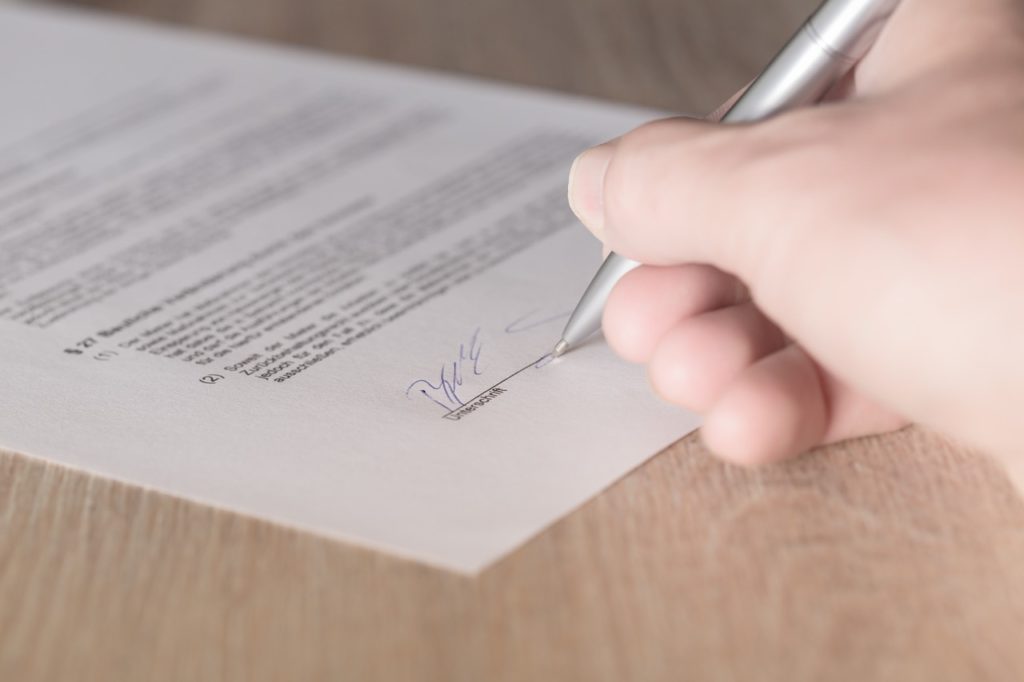As COVID-19 continues to wreak havoc on American businesses, the government is taking action to alleviate the burden on taxpayers. There are programs in place to assist businesses throughout the pandemic. One of these programs is an Economic Injury Disaster Loan Program (EIDL Loans), part of CARES Act.
The EIDL is an existing program of the Small Business Administration. On the other hand, the stimulus bill has enlarged the program. To be eligible for the program, a company has to have no more than 500 workers.
Here are some important things you want to know:
- How to count the number of employees? The SBA calculates all people employed on a complete time, part time, or other basis. You’ll find out more on the Regulations here:
https://www.law.cornell.edu/cfr/text/13/121.106
https://www.sba.gov/funding-programs/loans/coronavirus-relief-options/paycheck-protection-program
- What exceptions are to the 500 employees rule? .
There are several exceptions. Some of these will include restaurants and hospitality companies that might qualify if they’ve 500 or fewer workers per location. And, additionally, under the CARES ACT, several industries, including religious organizations, might have a ceiling based on receipts as opposed to employee size. You will learn more on the SBA FAQ for Lender and Borrowers.
- Are there other exceptions to qualify?
Yes, to qualify for the program you/your business cannot be involved in illegal or prohibited activities, lobbying, significant gambling. Also, anyone working in the adult-entertainment industry, does not qualify for aid. Small-business owners who have been convicted of a felony are not eligible. In the same sense, owners cannot be over 60 days delinquent on kid support obligations.
- What about nonprofits?
Yes. Nonprofits are qualified. This also includes faith based organizations no matter if they provide secular social services. Including churches who qualify – when they haven’t implemented to the Internal revenue service to get tax exempt status.
- Are independent contractors/nonprofits, qualified?
Yes, In general terms nonprofits are qualified, with some exceptions. Sole proprietorships, independent entrepreneurs, concert economics workers, and self-employed people are eligible for the EIDL program.
- What can this money be used for, what restrictions are there?
The loan can be used the money for payroll, rents or mortgages, or other operational costs, but just like with the PPP, if you’re taking a tax credit for qualified sick and family leave wages, you can’t use funds for those costs under the Families First Coronavirus Response Act.
In regard to restrictions, the funds are not supposed to be used for physical repairs, expansions, bonuses or refinancing pre-existing debt or pay dividends.
- What’s the difference between EIDL and PPP?
There are a few differences that set apart this two programs:
- The first is the entity granting the loan, the SBA itself is handling EIDL requests, and for PPP applications you have to go through SBA authorized banks.
https://www.sba.gov/partners/lenders/microloan-program/list-lenders
- PPP also has tighter restrictions on what you can use the money for. PPP loans can qualify for forgiveness later on, but in order for that to happen, at least 75% of them have to be spent on payroll costs. Otherwise you end up with a real loan, not a forgivable loan. Also, bear in mind that there’s a cap on salaries over 100k.
- Finally, PPP loans can be much larger than EIDL ones. The maximum PPP loan is $10 million, whereas the biggest EIDL loan is just $2 million.
For more information Contact us
To learn more:
https://www.sba.gov/partners/lenders/microloan-program/list-lenders
https://www.law.cornell.edu/cfr/text/13/121.106
https://www.sba.gov/funding-programs/loans/coronavirus-relief-options/paycheck-protection-program



